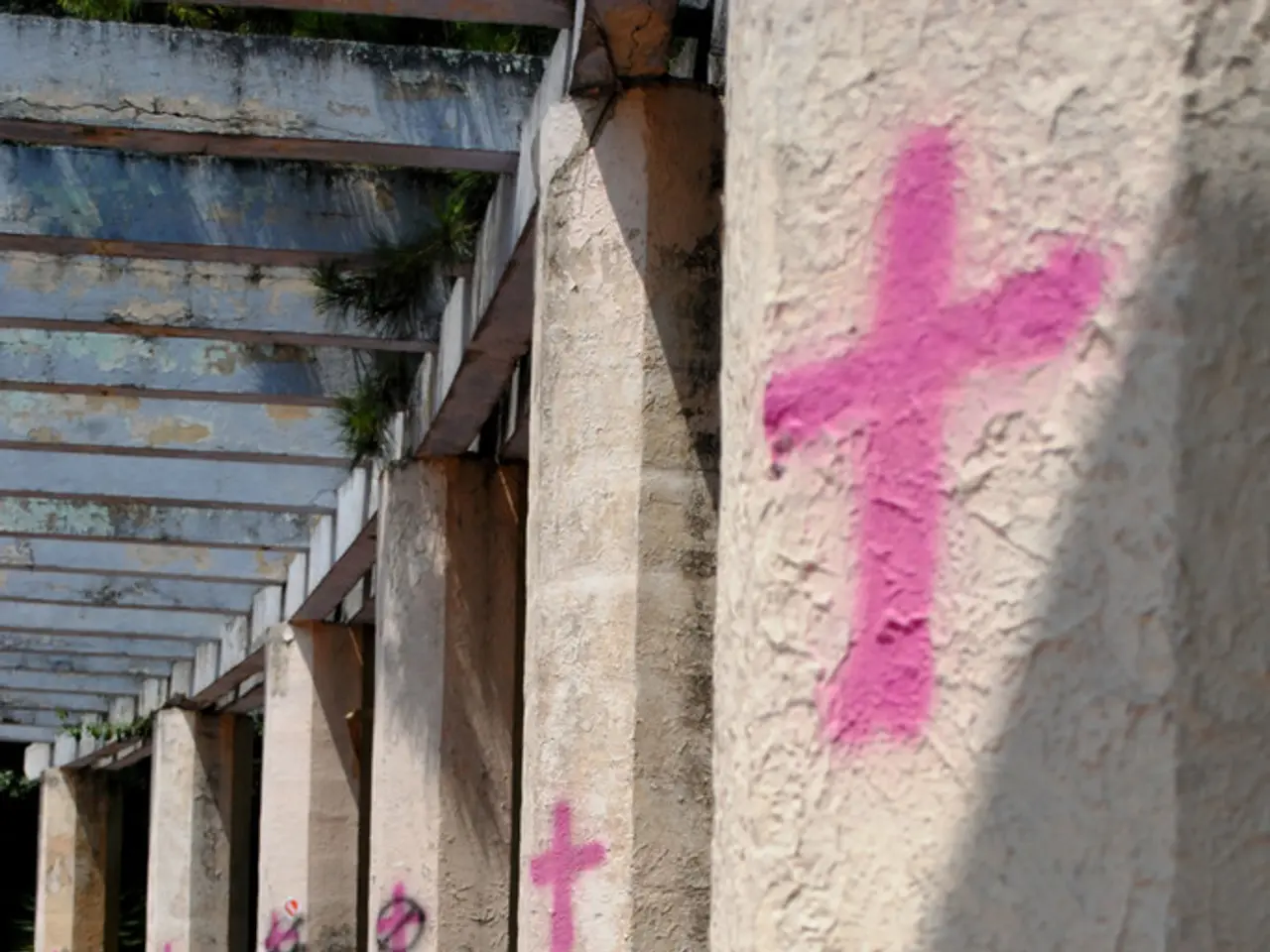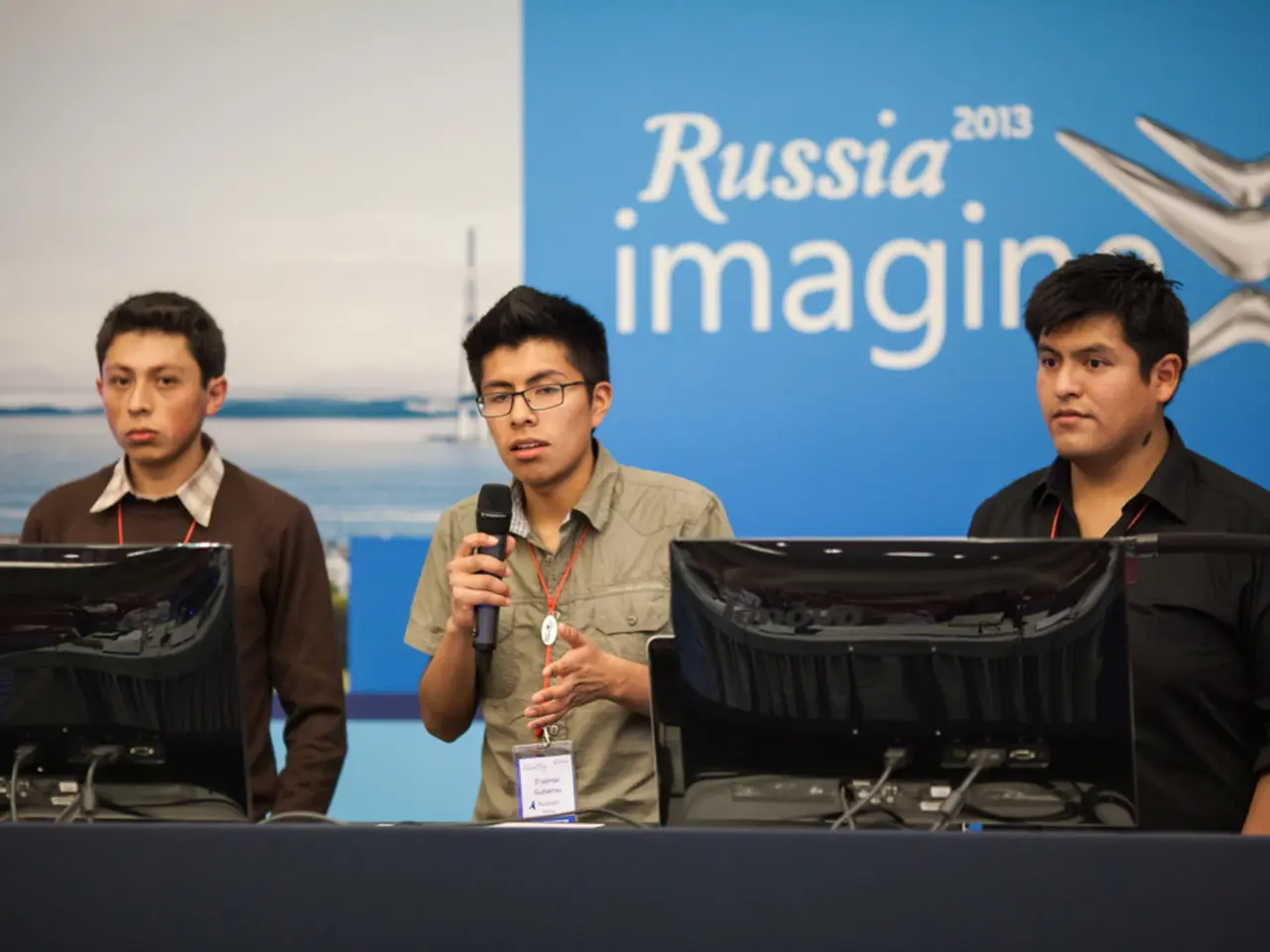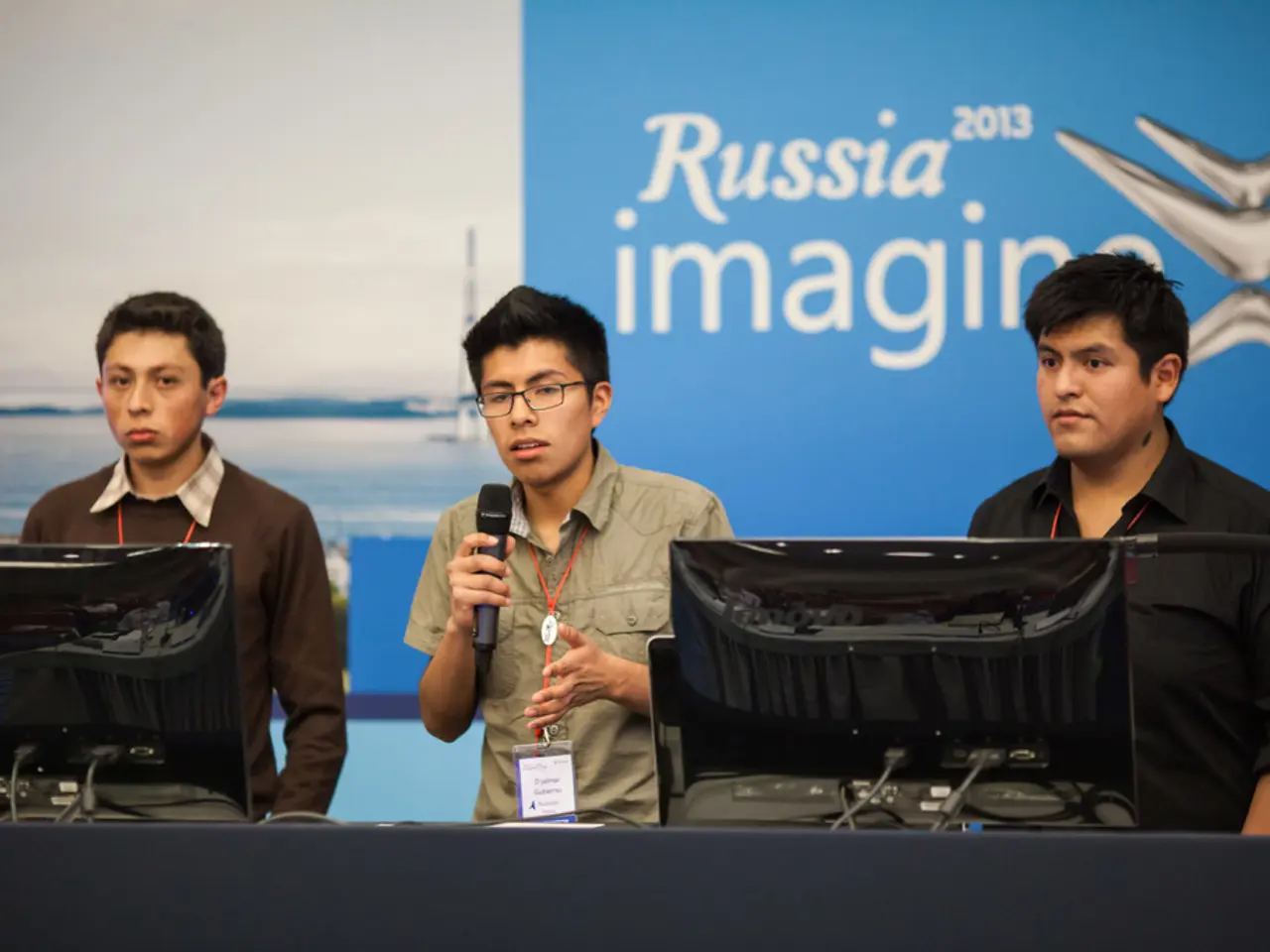Increased Executions in Saudi Arabia Criticized by Human Rights Advocates
Saudi Arabia, known for its ambitious plans to host the FIFA World Cup in 2034 and open up to tourists and investors, is facing a growing international outcry over its judicial system. Amnesty International has reported an alarming increase in executions, with a significant number of foreign nationals being sentenced to death for drug-related offenses.
In the first half of 2025 alone, at least 144 executions have been confirmed, with 71 of those being non-Saudi nationals. This includes the execution of 15 Somali nationals for hashish-related charges in Najran prison since the beginning of the year. The pace of executions in early 2025 suggests the total for the year may surpass the record-high 345 executions carried out in 2024.
Around 70% of executions in 2025 were for non-lethal crimes, primarily drug offenses, with foreign nationals disproportionately affected—43% of those executed so far are non-Saudis. The majority of these foreign nationals hail from Pakistan, Syria, Jordan, Yemen, Egypt, and Somalia.
Saudi Arabia enforces some of the world's strictest anti-drug laws, with drug trafficking punishable by death, often by public beheading. The government justifies these executions as part of a firm commitment to combat drug trafficking. However, many of those executed were convicted under *ta’zir* sentences, which rely on judicial discretion despite earlier promises from Crown Prince Mohammed bin Salman to reform sentencing transparency. Foreign defendants often face significant due process violations, including lack of legal representation, language barriers, and denial of consular access. Many have also reported torture and solitary confinement.
UN human rights experts and international organizations have condemned these executions, especially those for drug offenses, as violations of international human rights law. The application of the death penalty for drug-related offenses is widely considered incompatible with the "most serious crimes" threshold required under the International Covenant on Civil and Political Rights. Special Rapporteurs have called for halting imminent executions, highlighting coerced confessions and systemic due process failures in many cases.
Amnesty International has highlighted a discrepancy between Saudi Arabia's "progressive image" and the "dark and deadly reality" of its judicial system. This is further underscored by the execution of journalist Turki al-Jassir this year, who wrote about issues such as women's rights and corruption. Al-Jassir was arrested in 2018 and accused of "terrorism" and endangering national security.
Despite international pressure, Saudi Arabia continues to carry out these executions at an unprecedented scale. The Saudi Arabian government announced it would no longer use the death penalty in some cases, but the practice persists, raising concerns about the country's commitment to reform.
Sources: [1] Amnesty International, "Saudi Arabia: Alarming rise in executions of foreign nationals in 2025," 2025. [2] Human Rights Watch, "Saudi Arabia: End Unfair Trials and Executions," 2025. [3] UN Human Rights Council, "Report of the Special Rapporteur on extrajudicial, summary or arbitrary executions," 2025. [4] Office of the United Nations High Commissioner for Human Rights, "Statement on the execution of foreign nationals in Saudi Arabia," 2025.
- The alarming increase in executions in Saudi Arabia, particularly of foreign nationals for drug-related offenses, raises questions about the country's commitment to live up to its modern image, given the dark and deadly reality of its general-news and crime-and-justice system.
- The unfolding political controversy surrounding Saudi Arabia's judicial system, with critiques from UN human rights experts, Amnesty International, and Human Rights Watch, makes it challenging for the country to successfully host events such as the FIFA World Cup, when concerns about human rights violations and live issues remain a polarizing topic for the international community.






